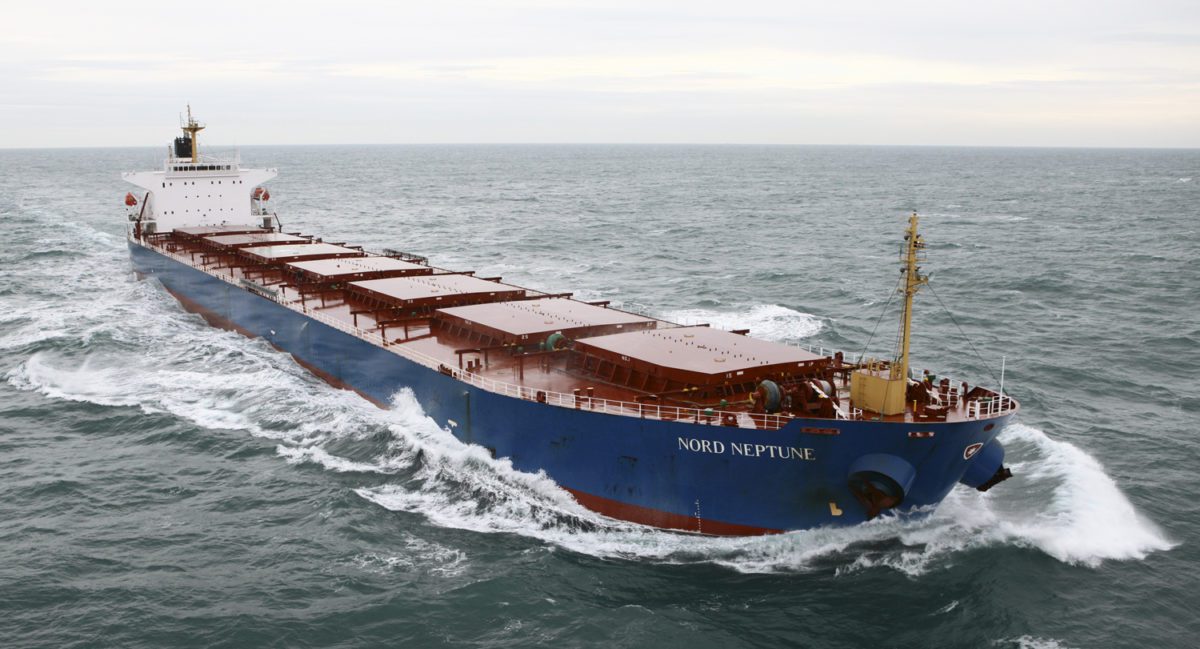
 By Jonathan Saul
By Jonathan Saul
LONDON, Dec 7 (Reuters) – The worst is over for the dry bulk shipping sector, after years when too many ships chased too little cargo, yet the extent of the lost business means a full recovery is still some way off, leading ship owners said on Wednesday.
Dry bulk shipping, which transports commodities including coal, iron ore and grain, has been among the worst performing shipping segments in recent years, partly due to worries over the health of top industrial goods importer China.
Some companies have gone to the wall – and the collapse of South Korean container shipping group Hanjin in August was partly due to its additional exposure to dry bulk.
In recent weeks, sentiment has improved as the number of ships set to hit the water next year is projected to fall and industrial demand improves.
“Nobody is saying we are going to have a fantastic booming market, but we are past the worst and we are into a more fundamentally balanced situation,” Mats Berglund, chief executive of Pacific Basin, told a Nordea Markets shipping seminar in London.
Last month, the Baltic Exchange’s benchmark main sea freight index, which gauges the cost of shipping dry bulk cargoes, rose to its highest in nearly two years.
“We are finally starting to see the light at the end of the tunnel. We have been talking about it for years. We are now getting to a point of probably more normalised demand growth,” John Wobensmith, president of Genco Shipping, told the seminar, adding that the recovery would not be “a straight line”.
Ioannis Zafirakis, chief operating officer with Diana Shipping, said the market still needed at least eight months to a year of higher rates to gauge whether current conditions would make “a real change in the charter rates”.
Dry bulk shipping turned down in 2008, after the onset of the financial crisis, and has remained volatile since then. Earlier this year, dry bulk rates slumped to their lowest recorded levels.
Ship owners cautioned that there was still a risk of speculative new ordering if rates stayed firm.
Gary Vogel, chief executive of Eagle Bulk Shipping, urged industry restraint, saying “the world does not need more dry bulk ships”.
Genco’s Wobensmith added: “We will have a recovery and once again somewhere down the road we collectively as an industry will overbuild again, unfortunately.” (Editing by Ruth Pitchford)
(c) Copyright Thomson Reuters 2016.

 Join The Club
Join The Club












